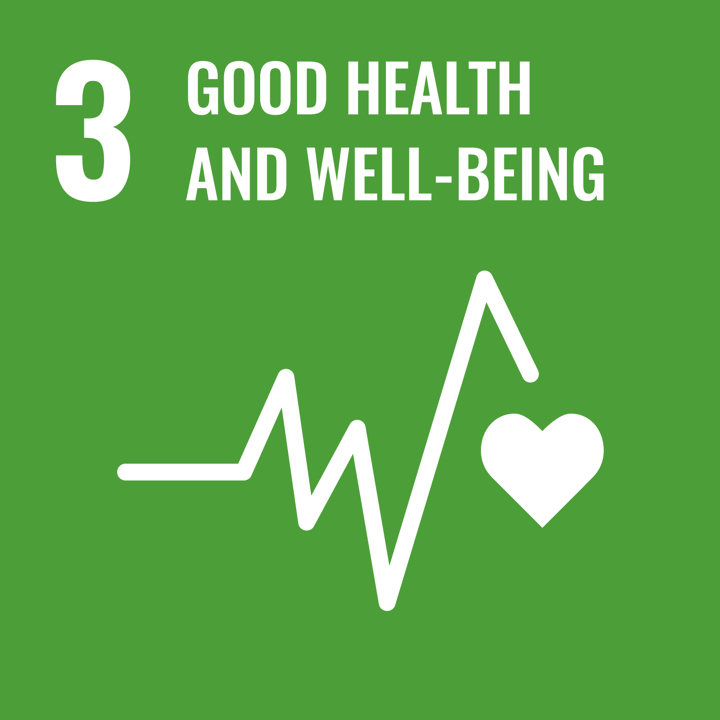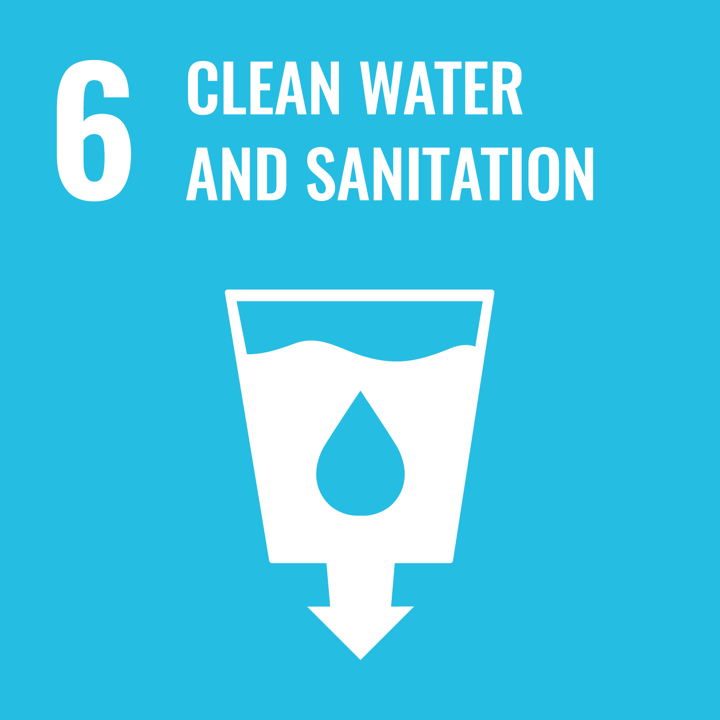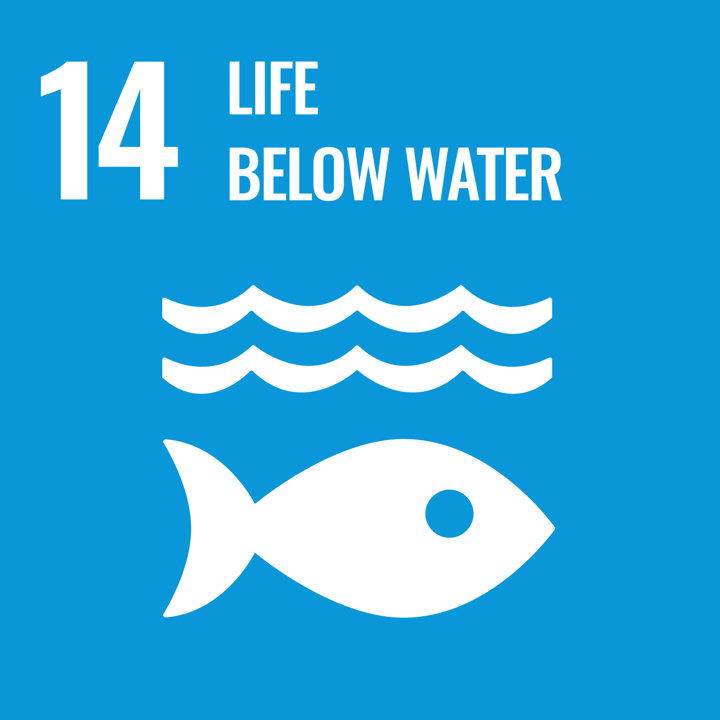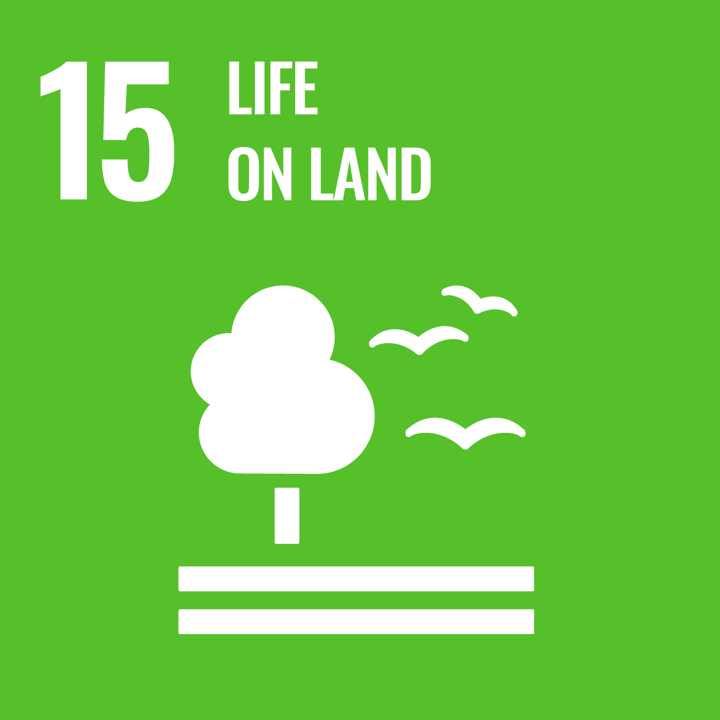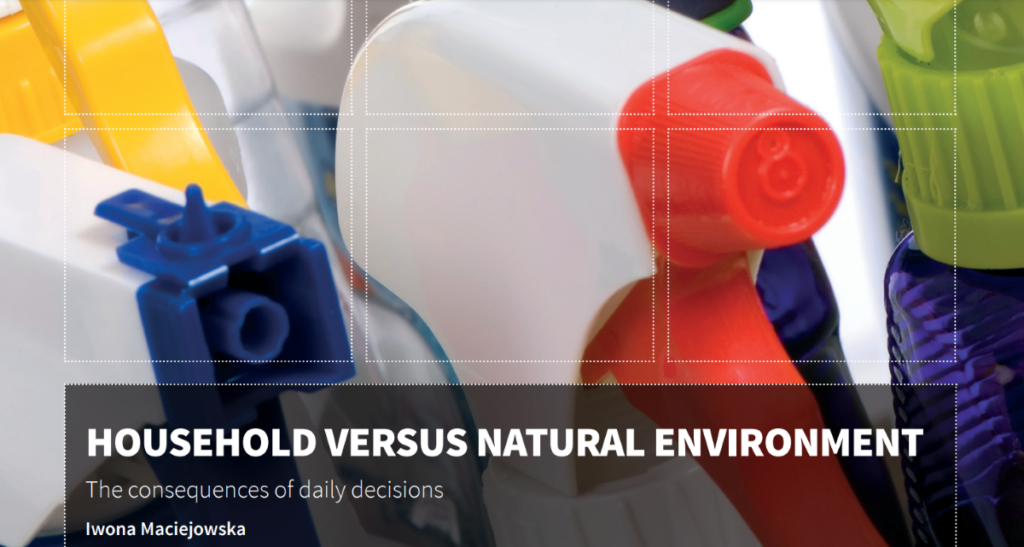
Intended End User: Teacher
Age Group: Lower Secondary; Upper Secondary
School Curriculum: Science; Social & Environment Science
Themes and Topics: Behaviour & Lifestyle; Environmental Change; Food and Agriculture; Pedagogy Approaches
Duration: 1-Hour Lesson X 2
Type of Resource: Assessment, Experiment, Lesson Plans
Keywords: Water quality, Ecotoxicity, Household chemical, Inquiry Based Learning, Assessment
Languages: English
Description
The Household versus natural environment Strategies for Assessment of Inquiry Learning in Science (SAILS) inquiry and assessment unit focuses on the environmental implications of the use of cleaning agents. Students investigate the growth of cress in various conditions, allowing them to determine the impact of commonly used household chemicals on the environment. Students assess the consequences of daily decisions taken in their homes and thus develop a sense of responsibility for the actions they take. This unit is recommended for implementation at both lower and upper second level, as a guided or open inquiry conducted over two lesson periods.
This inquiry and assessment unit is part of series inquiry based learning units covering topics from biology, chemistry and physics. They show how evidence of student learning can be collected and evaluated using a variety of methods such as classroom dialogue, teacher observation, presentations, peer-assessment, self-assessment, student artefacts, and use of assessment rubrics.
How to use this resource
The resource starts with a proposed exploration of students’ prior knowledge of the effects of cleaning agents and detergents on the natural environment. Concepts such as Ecotoxicity are introduced and everyday household habits are reflected upon.
The open or guided inquiry-based learning approach set out to investigate the impact of household cleaning agents and detergents on the natural environment. Assessment strategies and rubrics facilitate the assessment of student learning including teacher observation, student artefacts and self-assessment.
The SAILS Project focuses on assessing student inquiry learning in science, providing a range of assessment strategies and accompanying rubrics that Synapses participants can adapt.
The resources
SAILs Household Vs Natural Environment PDF:
The SAILS Project website and additional Inquiry-Based Learning and assessment resources can be accessed here:
Learning Outcomes (Teachers)
- Elicit prior knowledge and further develop knowledge and comprehension of key Sustainability Citizenship key concepts, challenging established worldviews and values.
- Apply a range of suitable tools and frameworks to promote student Sustainability Citizenship
- Develop and apply assessment criteria to evaluate Sustainability Citizenship in students.
Green Competencies
- Embodying Sustainable Values: Valuing Sustainability; Promoting Nature
- Embracing Complexity in Sustainability: Systems Thinking; Problem Framing
- Envisioning Sustainable Futures: Exploratory Thinking
- Acting for Sustainability: Individual Initiative
Creative Commons
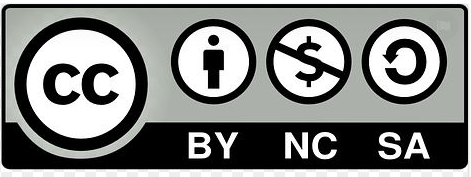
The SAILs Household Vs Natural Environment was created by the SAILS Erasmus+ Project team, Coordinated by DCU’s CASTel Research Centre. It is shared here under Creative Commons Attribution-Non-Commercial Share-Alike 4.0 International Licence.
SDGs
